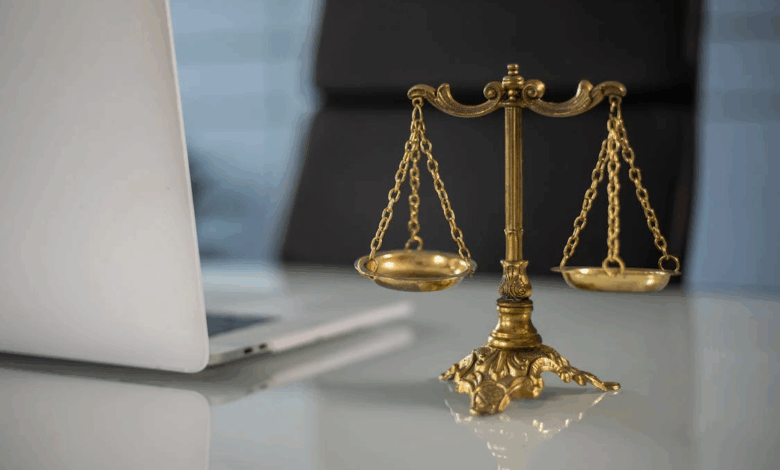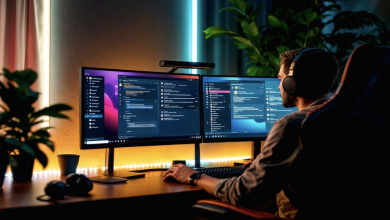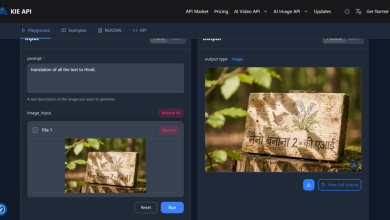
Artificial intelligence has shaped everything from the way we communicate to how we manage security. And it’s also making an impact on legal proceedings. When it comes to contract disputes among family members related to inheritance and trusts, AI-powered analyses can be a potent form of evidence to inform a case’s outcome. But not everyone is convinced that AI evidence is reliable.
Can AI evidence stand up in probate court? It may depend on the situation and other legal factors. Read on to find out more!
Meeting Courtroom Standards
Before expert evidence can even come before a jury, it needs to meet rigorous standards. The two main measures of quality are the Daubert standard and Frye test. With the Daubert standard, meeting established scientific principles and demonstrating peer-reviewed support are essential for evidence to be greenlighted for use in a courtroom. The Frye test relies on the idea that evidence must be generally accepted in the relevant scientific field. Each state will differ in which standard governs decisions. And, ultimately, the judge will be the one to grant allowance for expert evidence.
For AI-fueled evidence, experts will want to see that the technology has shown a high level of accuracy. Peer-reviewed reports and studies can help verify that a particular piece of evidence is useful. But without substantial backing from experts in the field, the evidence may not find its way into the courtroom. An inheritance theft attorney, for example, would want to ensure that a financial fraud system they’ve used to assess data is deemed reliable by experts in the field.
Watching for Bias
Probate attorneys will need to be careful about how they source their evidence. If they’re relying on AI that is trained on and therefore more aligned with one particular vantage point, that could backfire. Other attorneys will see this and find ways to show the limitations of biased evidence. If they can convince the jury that the evidence is biased, that can dismantle the other side’s case.
Attorneys can be proactive and use bias testing to demonstrate that their software offers a more balanced result. Taking this action can be an excellent way to boost the credibility of AI-powered interpretations of anything from handwriting samples to financial transactions. Attorneys should consult with financial advisors and other relevant professionals to make sure they’re using the right tools for the job.
Making Explainability a Priority
While AI offers exciting new opportunities, it’s not always easy for those outside the field to understand. And for an attorney hoping to sway a judge or jury, they’ll need to focus on making technical language easier to unpack. Further, judges will expect clear explanations for conclusions reached by algorithms. In response, attorneys should outline what statistical breakdowns mean or offer visual comparisons to verify any AI-generated findings.
Ultimately, AI works best when used in tandem with other, more traditional types of evidence. Attorneys should still call upon experts to testify and track patterns of unusual behavior to present in court. Experts in areas like financial fraud or document examination, for instance, would lend credibility to an attorney’s case. And raw financial records should be presented, too, in instances where individuals are concerned about asset distribution or unusual withdrawals from a trust.
AI’s ability to analyze data quickly often makes it an ideal way to flag problems that can be substantiated with more traditional forms of proof. Attorneys should work with clients to document suspicious transfers, signatures, and other strange activity that can contribute to a case. And they should present this information along with the tech insights gleaned from AI. Juries may feel more comfortable moving forward with a decision, too, knowing that AI-powered evidence is not the only information guiding them toward that decision.
Using AI Evidence Effectively in Probate Court
AI evidence can play a pivotal role in probate court as long as it has the backing of experts—and it can be explained clearly. Attorneys must be confident that their AI-powered evidence is not biased. And attorneys will need to offer peer-reviwed studies to show its reliability. Most importantly, attorneys should use AI in conjunction with traditional forms of evidence to make the most compelling argument during inheritance disputes. With the right blend of evidence, attorneys can make their case effectively and more efficiently.



